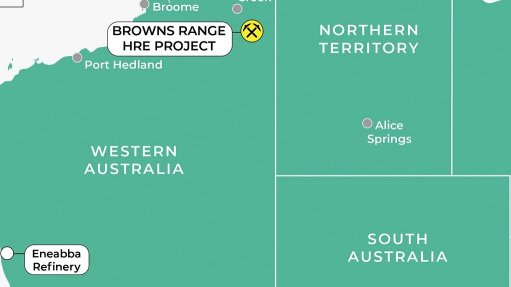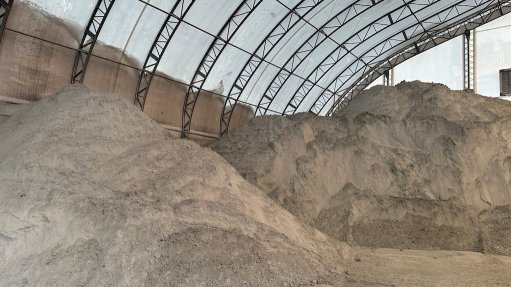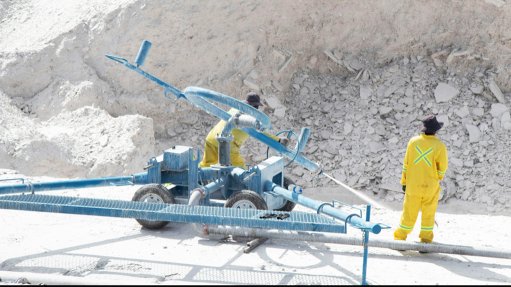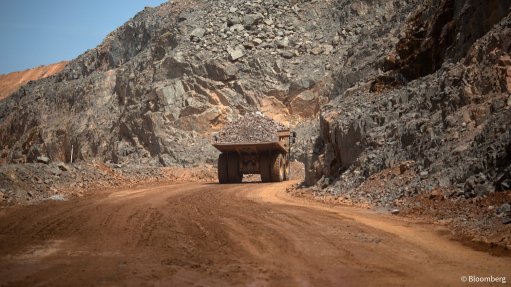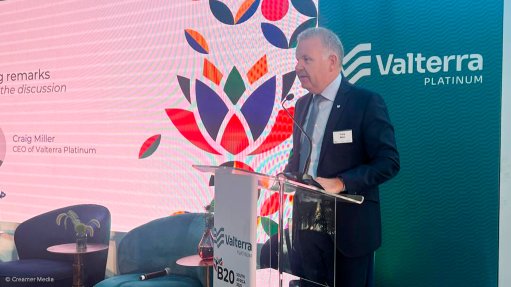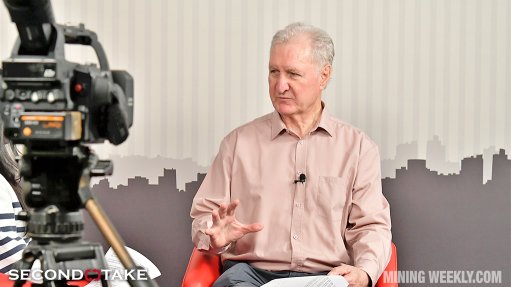Challenges rippling through to subcontractors

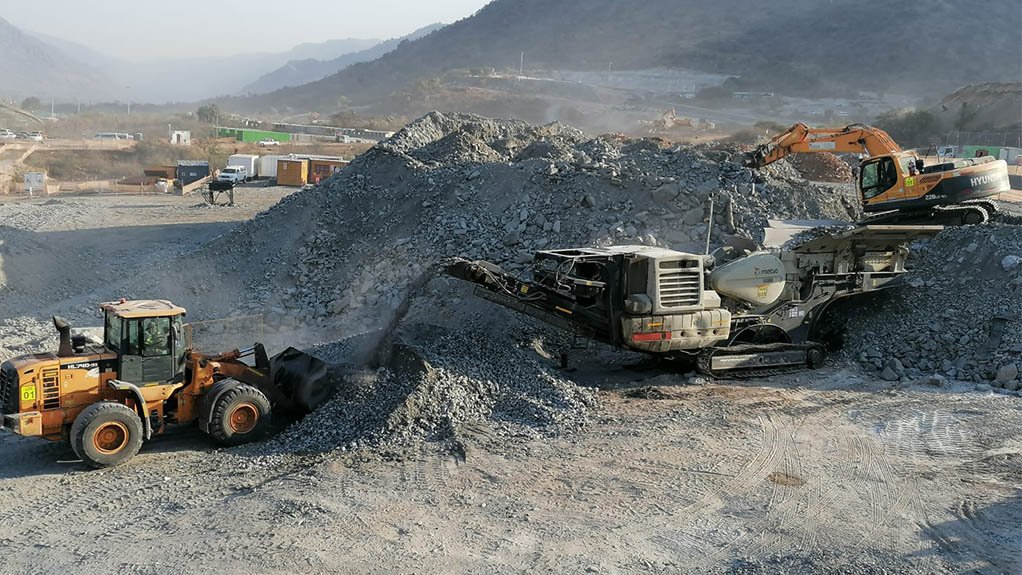
MOUNTING CHALLENGES Sub-contractors face a slew of challenges that affect their sustainability
Subcontractors have to contend with numerous challenges – budget allocations, delayed payments, primary contractors running into cash flow problems and navigating tender processes, many of which are often outside their control – that continue to negatively affect their ongoing sustainability and have led to growing mistrust of the contractor industry at large.
Crushing and screening subcontractor Eco-Match MD Craig Allen explains that the crushing and screening sector is intrinsically linked to both infrastructure development and economic growth.
Therefore, growth in infrastructure development signifies growth in the crushing and screening sector. However, infrastructure development has had to navigate several pandemic-related challenges which have, in turn, exacerbated the challenges affecting subcontractors.
A significant obstacle for subcontractors is that they are often not timeously informed of any delays or challenges impacting on projects or the main contractors. As a result, subcontractors cannot adequately prepare for the changes which can have severe effects on cash flow and staff.
“The very health of your business is linked to these delays, as well as tender cancellations,” adds Allen.
Eco-Match has seen several examples of tenders being awarded and initiated, only to be challenged in court by other unsuccessful contractors. These tenders are sometimes then cancelled because the matter was challenged in a court which then orders that the tender be re-advertised once again for adjudication.
Eco-Match was fully entrenched in one such project in the Northern Cape, the awarding of which was challenged in the Northern Cape High Court. As a consequence the tender appointment was set aside, and ordered to be re-advertised for adjudication. Although having played no role in the tender award, the cancellation of the tender had a direct negative bearing on Eco-Match as one of the many subcontractors on that particular project, says Allen.
In addition to this, the subcontractor sector also has to deal with delayed payments, predominantly from State-owned-enterprise-driven contracts. When contractors are paid by the primary client or parastatal, this payment ultimately filters down to the subcontractor. Therefore, if the primary contractor is not paid, they cannot pay the subcontractor.
To mitigate this challenge, many subcontractors ask for significant deposits, upfront payments or even bank guarantees from primary contractors; Allen says subcontractors are often forced to do this because they need to protect themselves to ensure that they “don't get caught short” when there are invariably cash flow problems on the project.
However, a downside is that this approach can often result in growing mistrust among project teams that need to rely on one another to develop and roll out these infrastructure projects.
Further, the relationship between subcontractors and middlemen is a growing concern as middlemen often ‘foster’ the connections to facilitate appointments with potential clients. This comes at a cost, however, as middlemen’s services invariably add to the overall price, which can also result in mistrust between the subcontractor and client, if the pricing structure is not transparent.
These challenges must be addressed by building trust among clients, contractors and subcontractors through open communication channels. Roles, responsibilities, contractual agreements and project deliverables should be clearly defined from the onset, adds Allen.
“The only way you develop trust with people is by working with them and continuously demonstrating that you have the capabilities to deliver on your required scope.”
He also stresses the importance of maintaining and associating with quality people and service providers that can assist in enhancing the subcontractor’s profile in the sector. This includes employees, as they greatly contribute to the sustainability of the business in its ability to deliver on these trust pillars.
“A stable employee base in the company ensures ongoing sustainability and the ability to strengthen working relationships over time,” concludes Allen.
Article Enquiry
Email Article
Save Article
Feedback
To advertise email advertising@creamermedia.co.za or click here
Announcements
What's On
Subscribe to improve your user experience...
Option 1 (equivalent of R125 a month):
Receive a weekly copy of Creamer Media's Engineering News & Mining Weekly magazine
(print copy for those in South Africa and e-magazine for those outside of South Africa)
Receive daily email newsletters
Access to full search results
Access archive of magazine back copies
Access to Projects in Progress
Access to ONE Research Report of your choice in PDF format
Option 2 (equivalent of R375 a month):
All benefits from Option 1
PLUS
Access to Creamer Media's Research Channel Africa for ALL Research Reports, in PDF format, on various industrial and mining sectors
including Electricity; Water; Energy Transition; Hydrogen; Roads, Rail and Ports; Coal; Gold; Platinum; Battery Metals; etc.
Already a subscriber?
Forgotten your password?
Receive weekly copy of Creamer Media's Engineering News & Mining Weekly magazine (print copy for those in South Africa and e-magazine for those outside of South Africa)
➕
Recieve daily email newsletters
➕
Access to full search results
➕
Access archive of magazine back copies
➕
Access to Projects in Progress
➕
Access to ONE Research Report of your choice in PDF format
RESEARCH CHANNEL AFRICA
R4500 (equivalent of R375 a month)
SUBSCRIBEAll benefits from Option 1
➕
Access to Creamer Media's Research Channel Africa for ALL Research Reports on various industrial and mining sectors, in PDF format, including on:
Electricity
➕
Water
➕
Energy Transition
➕
Hydrogen
➕
Roads, Rail and Ports
➕
Coal
➕
Gold
➕
Platinum
➕
Battery Metals
➕
etc.
Receive all benefits from Option 1 or Option 2 delivered to numerous people at your company
➕
Multiple User names and Passwords for simultaneous log-ins
➕
Intranet integration access to all in your organisation







